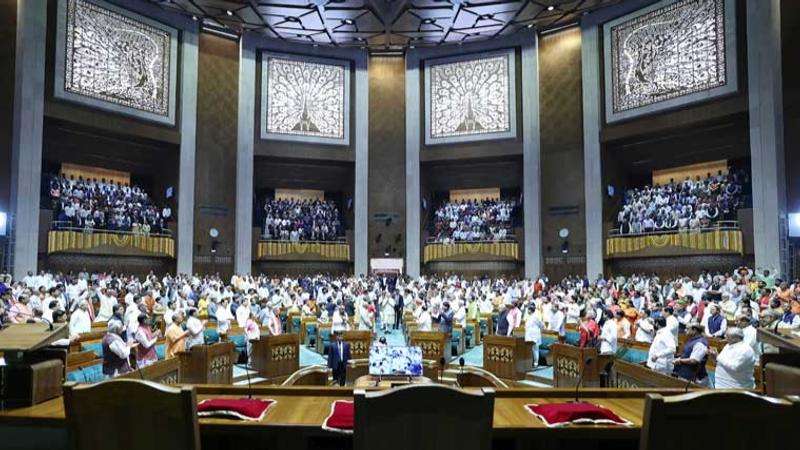Published 18:17 IST, June 25th 2024
Om Birla vs K Suresh: Why This Lok Sabha Speaker Election is Not The First | Explained
Bharatiya Janata Party’s (BJP) Om Birla will fight it out with Congress’ Kodikunnil Suresh for the Lok Sabha Speakers’ post.

Om Birla vs K Suresh: Why This Lok Sabha Speaker Election is Not The First | Explained | Image:
PTI
- Listen to this article
- 4 min read
Advertisement
16:31 IST, June 25th 2024




